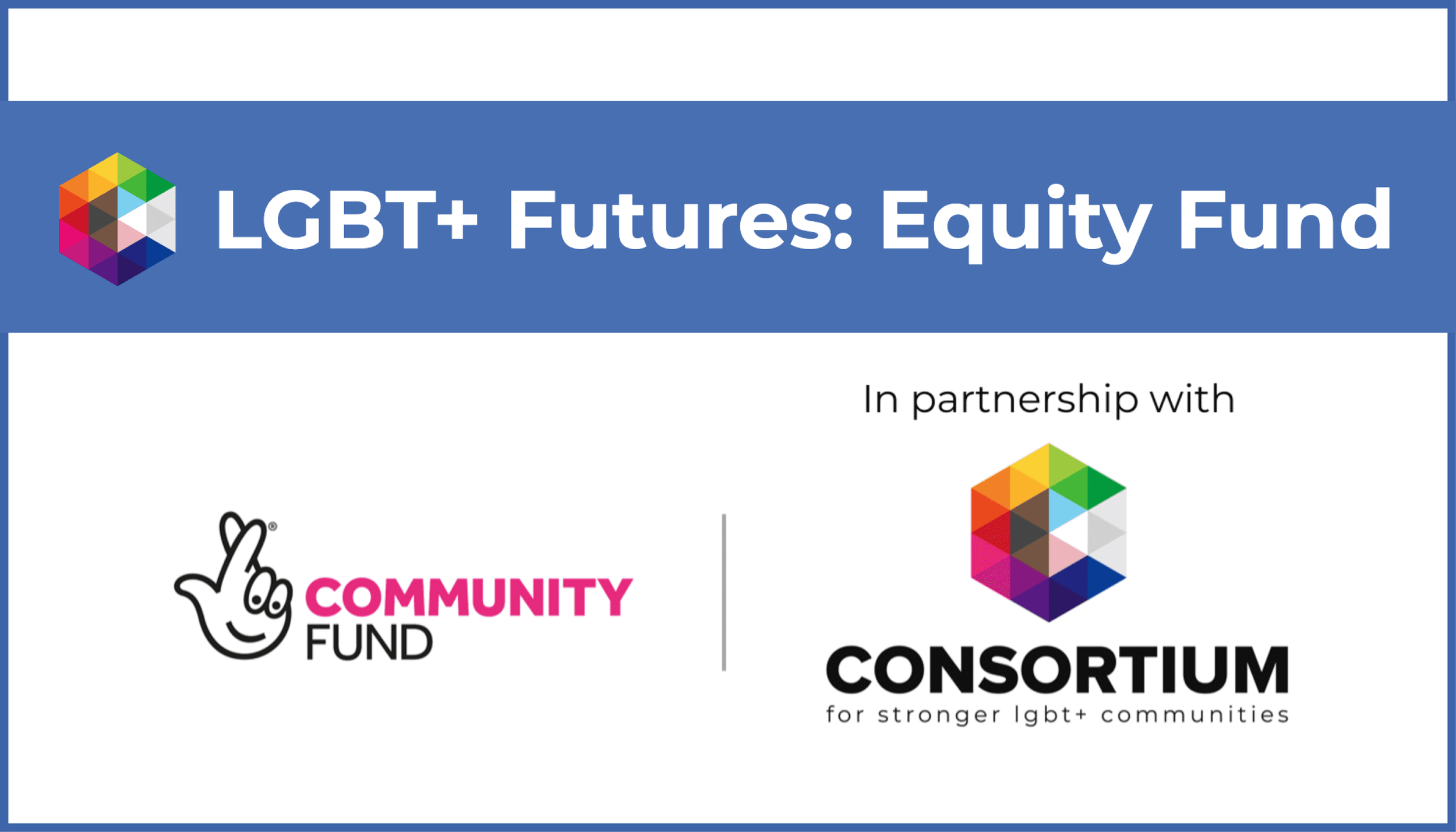ABOUT US
FOUNDER MESSAGE
At Proud Minds, we are dedicated to fostering a safe, inclusive, and empowering space where the unique experiences at the intersection of ADHD and the LGBTQIA+ community are acknowledged and celebrated.
We recognise that’ll navigating life with ADHD presents its own set of challenges, from managing focus and impulsivity to overcoming stigmas around neurodiversity. For those within the LGBTQIA+ community, these challenges often intersect with the complexities of exploring and embracing one's identity in a world that can sometimes feel unaccepting.
Research shows that ADHD is more prevalent among LGBTQIA+ individuals, and this intersection brings unique strengths, perspectives, and hurdles. From the impact of societal pressures on mental health to the resilience born from self-discovery, our mission is to support and uplift individuals.
Through ADHD coaching, workshops, resources and advocacy, Proud Minds aims to empower individuals to thrive, offering a space where neurodiversity and queerness are not just accepted but celebrated as integral parts of one's identity. Together, we are building a world where everyone can embrace their authentic selves without fear or limitation.
Elliot Pigott, ProudMinds Founder
Prevalence of ADHD Among LGBTQIA+ Individuals
The intersection of ADHD and LGBTQIA+ identities presents unique challenges and strengths. In the UK, studies indicate that neurodivergent individuals, including those with ADHD, are more likely to identify as LGBTQIA+. For example, autistic individuals are three times more likely to identify as transgender compared to neurotypical individuals, a trend that extends to other forms of neurodivergence like ADHD.
Neurodivergent individuals, including those with ADHD, are disproportionately represented in the LGBTQIA+ community. Research shows that individuals with neurodiverse conditions are three times more likely to identify as transgender or non-binary compared to neurotypical populations. This aligns with broader findings that neurodivergence, including ADHD, often overlaps with diverse sexual orientations and gender identities. These disparities underscore the need for more inclusive support systems that recognise and address the layered experiences of these communities.


